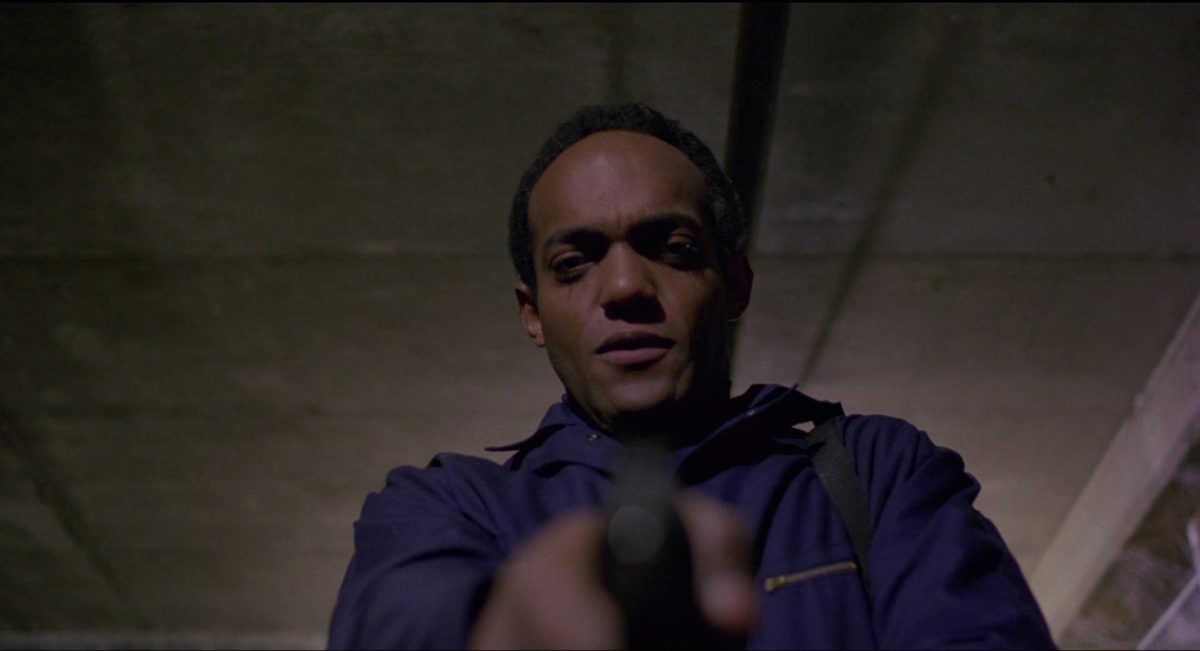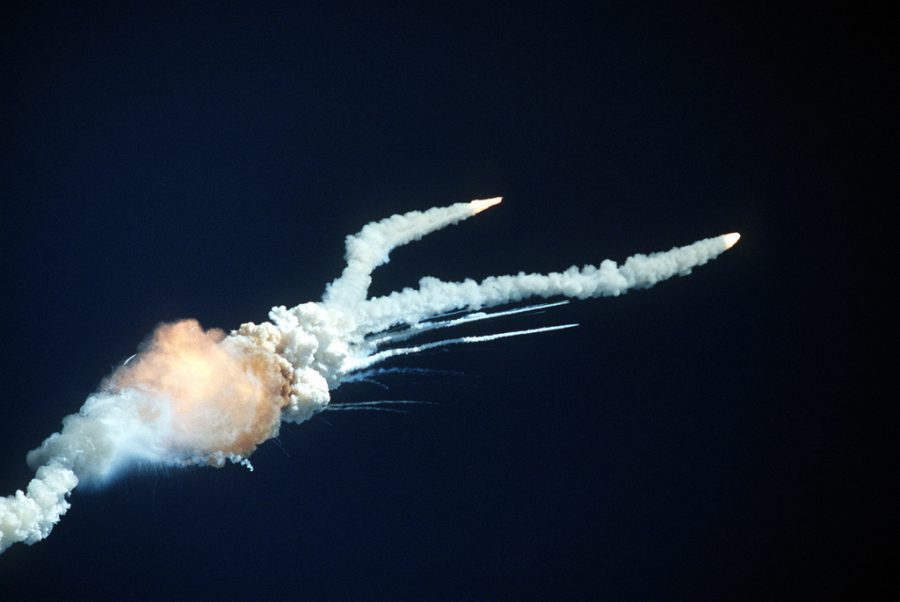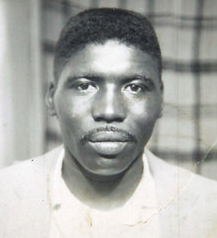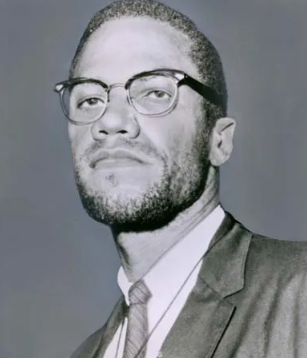This Month In History: January
The Space Shuttle Challenger explodes 73 seconds after liftoff from the Kennedy Space Center. (Seventh view in a series of eight)
January 31, 2023
January has never been the most exciting month, but as the first month of the year, it appropriately holds a lot of monumental events in our nation’s history: some being firsts, others being new trends that spread all the way to congress. No matter what, January marking the beginning of the new year means it also marks a lot of big changes.
January 7, 1789.
On January 7, 1789, all of the states in America were required to choose an elector for the country’s first ever presidential election. This marked the beginning of elections in America, but also the electoral college system that we still use today.
While the election officially started on Monday, December 15, 1788, it didn’t end until January 10th. This makes the first election also the only election to last two calendar years. The country continued to take its time with this process, as George Washington was sworn in about a month later, on February 4, becoming the first president of the United States of America.
January 16, 1919
On January 16, 1919, Prohibition was officially ratified by the states. The push for prohibition started early in the 19th century. Americans everywhere were growing more and more concerned with the adverse effects of alcohol, which sparked the beginning of temperance societies. These temperance societies believed in complete abstinence from alcohol, and were dedicated to spreading it to everyone in the country.
These groups became more prominent, and grew in power. It wasn’t long before they started campaigning on the state level. What started at the state level grew into a nationwide push for prohibition.
In December 1918, the 18th amendment for prohibition was passed, and was sent for ratification in January 1919. Nine months after the ratification, the volstead act was passed, which provided resources for the enforcement of prohibition. This act also created a special unit of the treasury department.
One year after its ratification, prohibition went into effect on January 17, 1920. Though this only lasted 13 years, since the effort put into the enforcement of the amendment was not enough to prevent the distribution of alcohol in America. In 1933 the 21st amendment passed, repealing prohibition, and bringing legal alcohol back to the United States.
January 28, 1986.
On January 28, 1986, the space shuttle Challenger exploded after liftoff. The liftoff began at 11:38 a.m. EST, in Cape Canaveral, Florida, after six days of delays.
The space shuttle mission was special, because one of the seven astronauts on the team was an ordinary person who had won a contest. 37 year old Christa McAuliffe, a high school social science teacher, trained for months in order to be a part of this mission. Sadly, six days of delays after the initial launch date, she died when the Challenger exploded in the air 73 seconds after liftoff.
After this disaster, president Ronald Reagan put together a team to find the reason behind this failure. The issue was found to be in the O-ring seal of one of the solid-fuel rockets. The O-ring had issues responding as expected because of the low temperature at launch.
After this disaster, Nasa spent two years redesigning the shuttle. During these two years, they did not send a single person to space.0
As solemn as history can be at times, as we enter the new year it is important to remember all that we have done, in order to see all that we may accomplish in the future. January is the perfect time to reflect on the past, as the present is constantly throwing more at us each day.





































Colin • Feb 9, 2023 at 1:49 pm
Very interesting and informative article!
James • Feb 7, 2023 at 1:49 pm
epico
Christian Perez • Feb 7, 2023 at 11:19 am
This article was very well written, it was very detailed and informative.